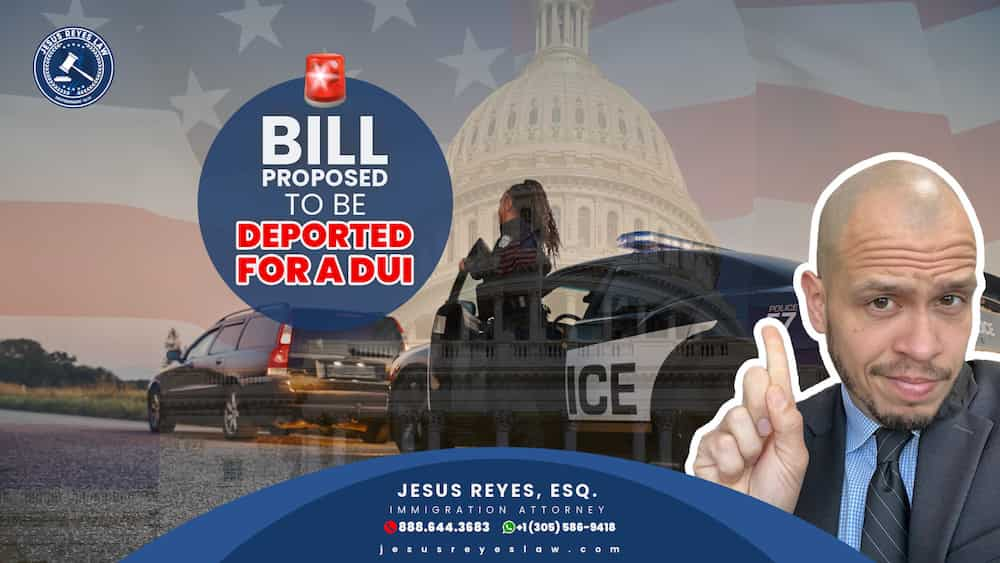In the complex legal landscape faced by immigrants in the United States, a new legislative proposal has emerged, drawing the attention of the Hispanic immigrant community. This legislative initiative seeks to establish stricter criteria for the deportation of individuals convicted of driving under the influence of alcohol or drugs (DUI). Understanding the ramifications of such a proposal is crucial for those looking to make the United States their home, as even offenses that may seem minor in other contexts could have significant consequences on an individual’s immigration status.
Context of the Legislative Proposal
The proposed legislation has recently been introduced in Congress, sparking widespread debate among lawmakers, immigration experts, and affected communities. The initiative suggests that any non-citizen found guilty of DUI should be automatically considered for deportation, regardless of their previous history or extenuating circumstances. This measure represents a significant shift from current policies, where deportation for DUI generally requires aggravating circumstances or multiple offenses.
The momentum behind this proposal stems from a growing concern for public safety and a desire to establish stricter laws for those who violate traffic regulations, endangering the community. However, critics of the proposal argue that this measure could be excessively punitive and disproportionately affect the immigrant community, which is already in a vulnerable position.
Implications for the Immigrant Community
The enactment of such a law could have profound implications for Hispanic immigrants in the United States. Firstly, it would increase fear and anxiety within the community, as even a single DUI incident could result in deportation, separating families and destroying the lives they have built in this country. Furthermore, it could deter immigrants from seeking legal help for fear of being targeted, further exacerbating their vulnerability.
On the other hand, this legislative proposal could also lead to a change in the public perception of immigrants, further stigmatizing those who already face prejudice and discrimination. It is crucial that the immigrant community is informed and prepared to respond to these potential changes, seeking competent legal advice and uniting in solidarity to protect their rights.










